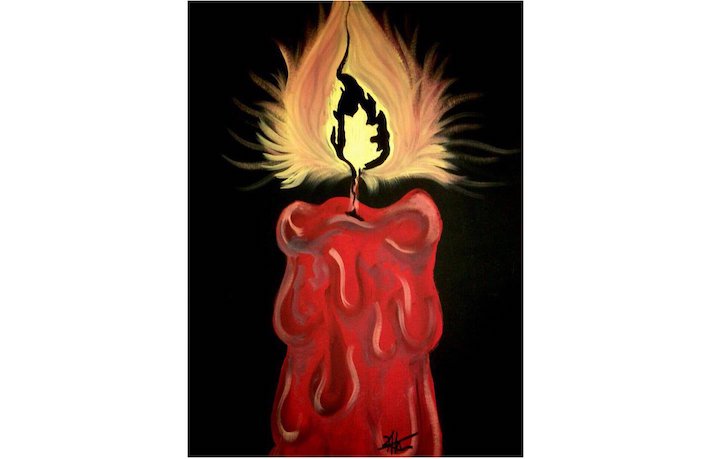
Yesterday was Tamil Genocide Day, a day of solemn remembrance and collective mourning. Across the Tamil homeland and around the world, millions commemorated their kith and kin who were deliberately and systematically massacred by the Sri Lankan state. This year, as flames were lit and flowers laid across the North-East, political turmoil continues to rage across the South. Whilst Colombo’s politicians tussle for power, international focus remains on whether Sri Lanka will be able to climb out of the crisis in which it has landed. May 18, more than any other day, served as a reminder that unless deep-rooted structural changes are enacted and the Sinhala Buddhist chauvinism confronted, it never will.
The return of Ranil Wickremesinghe as Prime Minister has done little to quell the protests in the South. Though his appointment was largely welcomed by the international community, some have begun to acknowledge what Tamils have said for decades, and expressed their dismay at the parochial politics of the island. Corrupt politicians and war criminals remain in power. The same old system, which has never been fit for purpose, just has a new face.
Whilst protests in the South continue, they have failed to insist on the structural change that the island sorely needs. Despite more than a month of these protests, their calls have scarcely moved beyond removing the Rajapaksas from power and the possible abolishing of the executive presidency. Concrete demands for accountability and justice are still not forthcoming, whilst Tamil demands for autonomy have been ignored entirely. Appeals for Tamils to stand with the South have failed to captivate the community, particularly as such calls often stipulate that Tamil demands take a back seat.
For years, the Sinhalese people have largely ignored or decried Tamil commemorative efforts. Though small gestures towards solidarity were carried out this year by some in the South, such as serving kanji at Galle Face, these token acts fall far short of the meaningful action needed to compensate for thirteen years of silence, or arguably even decades of complicity in the state’s persecution of Tamils. Claims of unity and solidarity ring hollow when basic Tamil demands such as genocide recognition, or even naming of perpetrators remains noticeably absent from the narrative.
While it has become popular to campaign for the arrest of the Rajapaksas for inciting violence against Sinhalese protesters, Tamil calls for those same politicians to face justice and accountability for war crimes and genocide remain taboo. Meanwhile, the Sri Lankan state and its apparatus have continued to oppress and clamp down on Tamil voices. Whereas incidents such as the rolling of military tanks through the streets of Colombo and other attempts by the state to intimidate and crack down on protesters in the South elicited widespread outrage, and deservedly so, acts of everyday militarised violence in the North-East, including attempts to thwart Mullivaikkal commemorations, barely registered outside of the Tamil homeland.
Despite this violence, Tamils came out in their thousands across the homeland to mark May 18, in Mullivaikkal and in smaller events across the districts. The Tamil nation remains defiant, and in the face of massive upheaval across the island, unwavering in its demands. Thirteen years later, it is long past time to heed them. While Tamils and Muslims have historically borne the brunt of the Sri Lankan state’s deep flaws, the Sinhalese people are beginning to feel the consequences of upholding a state structure premised around racial and religious supremacy to the detriment of all other considerations.
Fortunately, simple steps could immediately alleviate some of the pain of the economic crisis, as well as build a sustainable peace on the island, such as the total and complete demilitarisation of the North-East. Then as Sri Lanka’s polity mulls the island’s future, it cannot overlook the fundamental reforms for which Tamils have been agitating. Sinhala Buddhist chauvinism that drives the state must also be dismantled. War criminals, from the Rajapaksas to Sarath Fonseka to Chandrika Kumaratunge, must face an international accountability process. The yearning of Tamils for self-determination must be met. And as the events of Mullivaikkal are being marked around the world, they must also be recognised for what they were - a genocide.
Illustration by Keera Ratnam.
